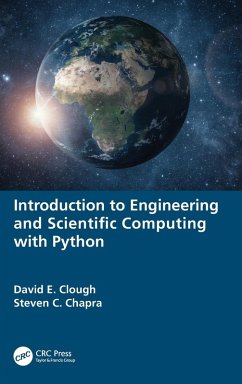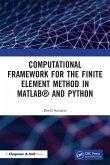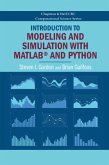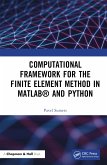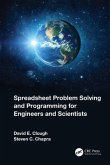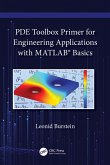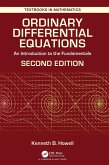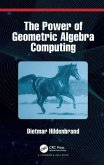As more and more engineering departments and companies choose to use Python, this book provides an essential introduction to this open-source, free-to-use language. Expressly designed to support first-year engineering students, this book covers engineering and scientific calculations, Python basics, and structured programming.
Based on extensive teaching experience, the text uses practical problem solving as a vehicle to teach Python as a programming language. By learning computing fundamentals in an engaging and hands-on manner, it enables the reader to apply engineering and scientific methods with Python, focusing this general language to the needs of engineers and the problems they are required to solve on a daily basis. Rather than inundating students with complex terminology, this book is designed with a leveling approach in mind, enabling students at all levels to gain experience and understanding of Python. It covers such topics as structured programming, graphics, matrix operations, algebraic equations, differential equations, and applied statistics. A comprehensive chapter on working with data brings this book to a close.
This book is an essential guide to Python, which will be relevant to all engineers, particularly undergraduate students in their first year. It will also be of interest to professionals and graduate students looking to hone their programming skills, and apply Python to engineering and scientific contexts.
Based on extensive teaching experience, the text uses practical problem solving as a vehicle to teach Python as a programming language. By learning computing fundamentals in an engaging and hands-on manner, it enables the reader to apply engineering and scientific methods with Python, focusing this general language to the needs of engineers and the problems they are required to solve on a daily basis. Rather than inundating students with complex terminology, this book is designed with a leveling approach in mind, enabling students at all levels to gain experience and understanding of Python. It covers such topics as structured programming, graphics, matrix operations, algebraic equations, differential equations, and applied statistics. A comprehensive chapter on working with data brings this book to a close.
This book is an essential guide to Python, which will be relevant to all engineers, particularly undergraduate students in their first year. It will also be of interest to professionals and graduate students looking to hone their programming skills, and apply Python to engineering and scientific contexts.

